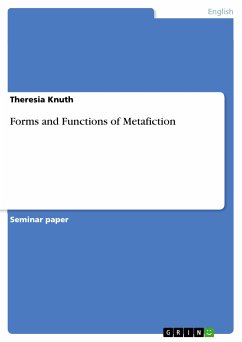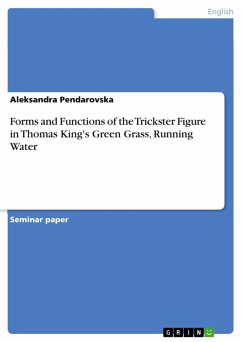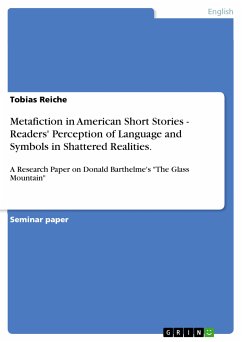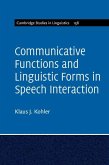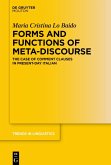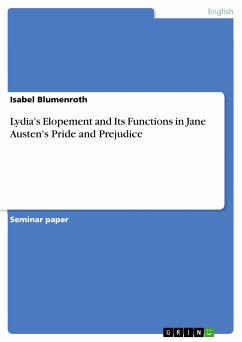Seminar paper from the year 2005 in the subject English Language and Literature Studies - Literature, grade: 1,0, Free University of Berlin, course: Modern and Contemporary Short Stories, language: English, abstract: The Greek prepositionµet?("meta"), which in this context takes on the meaning of "about", and the literary term "fiction", which refers to literary work based on imagination, together constitute the term "metafiction". From the start metafiction has been described as fiction "somehow about fiction itself". First mentioned at the end of the 1950s, it was further defined throughout the following three decades. Although the term has only been coined in the second half of the 20th century, it is not new to literature. The fiction described can already be found in much older works, such as Chaucer's "Canterbury Tales", Cervantes' "Don Quixote" and massively in Laurence Sterne's "The Life and Opinions of Tristram Shandy, Gentleman". Today, metafiction is also common in other creative genres and is primarily associated with postmodernism, which came up during the 1960s. Selfreflexive narrators especially appear in works of postmodern writers such as Vladimir Nabokov, John Fowles, B.S. Johnson, Donald Barthelme, John Barth, Jorge Luis Borges, or Julian Barnes. The typically metafictional "Selbstbespiegeln der Literatur im Verein mit dem ständigen illusionsbrechenden Hervorkehren[der]Fiktionalität" represents an alternative to the continuation of realism, which, as postmodernist writers believe, has become impossible. Critics of metafiction deny it the ability to portray the real world because of its "decadent forms of self-absorption". Behind the paramount purpose of metafiction, which is to lay bare its own status as fiction, a variety of metafictional devices emerged. Although most commonly found in novels, such devices are not unusual in short stories, as this seminar paper attempts to show.
Dieser Download kann aus rechtlichen Gründen nur mit Rechnungsadresse in A, B, BG, CY, CZ, D, DK, EW, E, FIN, F, GR, HR, H, IRL, I, LT, L, LR, M, NL, PL, P, R, S, SLO, SK ausgeliefert werden.

